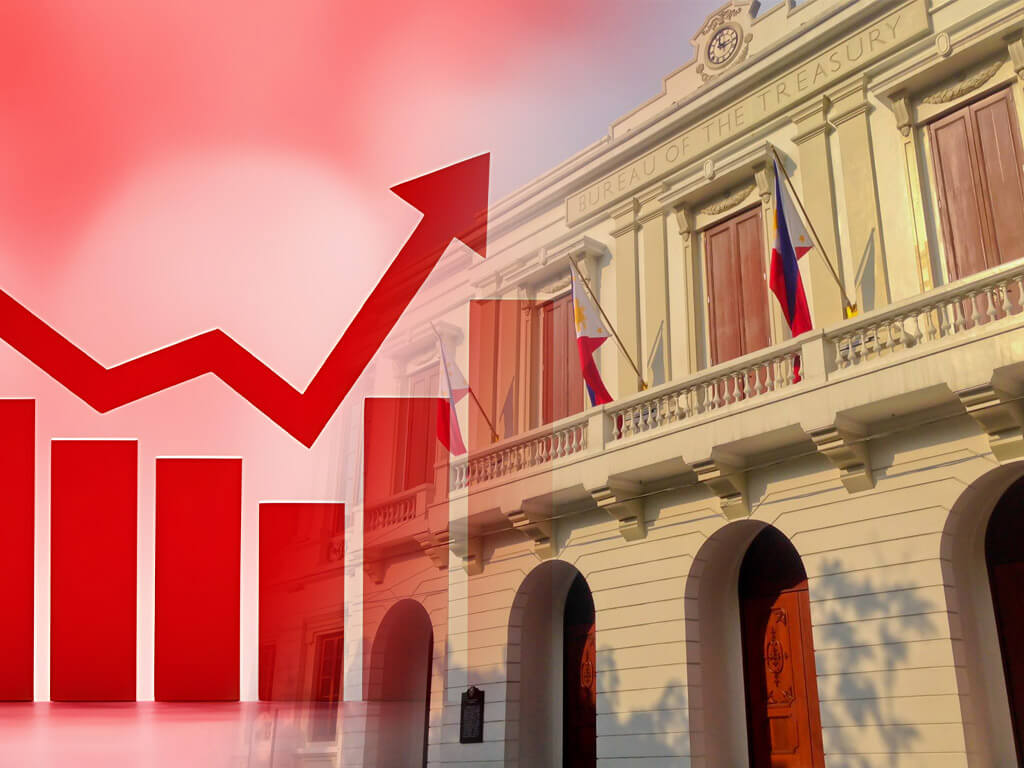

Insider spotlight:
The figure marked a new all-time high, albeit with a more modest month-on-month increase compared to February’s 1.96 percent jump. The Treasury attributed the tempered rise to strong government revenue performance and prudent debt issuance.
“The national government’s robust revenue performance in the first quarter of 2025 has enabled the government to finance key priority programs without imposing new taxes, keeping debt growth well within sustainable levels,” the Bureau said in a statement.
Domestic debt grew 1.39 percent to P11.38 trillion, largely due to the net issuance of government securities worth P157.86 billion, which the Treasury said reflected continued investor confidence in local instruments. The increase was partially offset by gains from the peso’s appreciation, which reduced the peso value of obligations by P2.03 billion.
Meanwhile, external debt declined by 1.92 percent to P5.30 trillion, thanks to a stronger peso and net repayments of foreign loans. The peso’s appreciation cut the local-currency value of US dollar-denominated debt by P66.22 billion, while repayments further trimmed P60.84 billion from the total. These outweighed P23.19 billion in upward revaluation from third-currency movements.
Guaranteed obligations also dipped slightly to P339.86 billion, amid continued net repayments and favorable currency effects.
The Treasury emphasized that 91.5 percent of total debt is locked in at fixed interest rates, and 81.3 percent has long-term maturities, providing insulation from market volatility and preserving fiscal space.
The Marcos administration, which inherited pandemic-era obligations of around P12.79 trillion, has lowered the debt-to-GDP ratio to 60.7 percent in 2024. The target is to bring it down to 56.9percent by 2028, in line with the Medium-Term Fiscal Framework.
